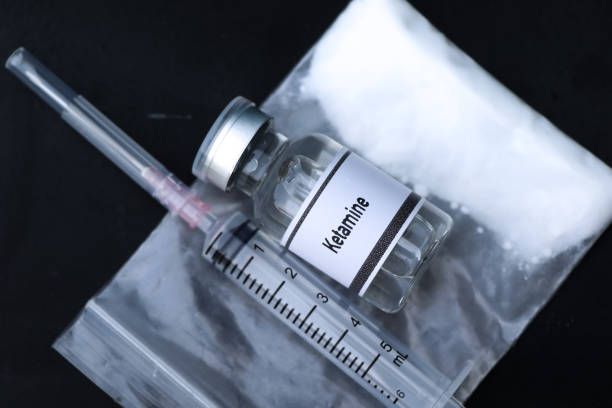Written by Dr. Bruce Kehr
Psychiatrists are using genetic testing to determine which prescription medications work best for treating each patient’s particular addiction. For example, doctors can test patients who suffer from alcohol addiction for variants in a gene called the μ-Opioid Receptor (OPRM1), which has been linked to a greater risk of developing various addictions and a higher likelihood of relapse when exposed to environmental triggers that cause alcohol cravings. These triggers create a positive expectation that alcohol will make them feel better. With this group of patients, the treatment staff should be extra careful to provide solid relapse prevention strategies as a part of the patient’s treatment plan. One strategy would be to prescribe Naltrexone, which helps curb alcohol cravings and relapse by blocking opioid receptors in the brain, because researchers have discovered that patients with the OPRM1 variant also are more likely to respond to Naltrexone compared to other medications.
Your doctor should also look to genetic testing to guide medication regimens for any co-occuring conditions like depression, anxiety and ADHD. About 40 to 45% of patients with an addiction also have another mental health condition, and The Chicago Tribune reported that alcohol and drug misuse can increase an underlying risk for additional mental disorders, and those with other mental disorders are thought to be around 50% more susceptible to addictions. Frequently, patients who have other mental health issues are more prone to relapse because of a higher incidence of self-medication, where they use alcohol or other substances to cope with their emotional problems. For patients receiving treatment for both addiction and a mental health condition but are not getting better on their medication regimen, genetic testing can help identify whether the poor response is due to a medication side effect or symptoms of the underlying mental health condition. You may have a genetic variation that causes you to metabolize an anti-depressant too slowly or predicts the likelihood of certain medications to be ineffective. Most interestingly, the OPRM1 receptor has also been linked to a co-occuring condition called “rejection sensitivity” which is social pain—the hurt feelings resulting from social rejection, separation, or loss—which your doctor can test you for and tailor your treatment plan to your specific genetic makeup. And this is just one particular genetic variant—if test results show a variant in another gene called the Glutamate Receptor (GRIK1), it may influence your doctor to prescribe Topamax (instead of other medications) to curb your alcohol cravings through another chemical process in the brain not involving opioid blockers. Ask your doctor to be tested for any variants related to addiction, because it isn’t enough to rely solely on your medical history and self-reporting of symptoms anymore. Take advantage of this exciting time in medicine!
Genetic testing is not the holy grail for diagnosing and treating addiction, at least not yet. Your treatment should still focus on traditional interventions and use genetic testing as a guide. Your doctor should help you:
- Lean on family members and others for support; don’t isolate yourself
- Raise your tolerance to anxiety by bringing into conscious awareness certain unconscious assumptions about how much anxiety you are able to bear. Ask yourself, “How much anxiety can I cope with and still be ok? How much is actually more manageable than I thought it would be?”
- Cognitive behavioral therapy techniques: Become more aware of what the substance is actually doing to your body and what you expect to gain from using and what you’re avoiding by using the substance. Are you actually “happy” when you use a substance, or is it more of a fleeting sense of euphoria that then gives way to symptoms of anxiety or depression?
- Learn how to avoid (if possible) environmental triggers of cravings, and if not possible to avoid these triggers engage in treatment that will desensitize you to their effects.
A success story in our office involves a young man who had significant anxiety and depression for years, and would use multiple substances to cope with his emotional pain. He was prescribed many medications to treat his addiction and mental health problems with no relief. After doing a genetic test with Genomind’s Genecept Assay®, the results showed certain genetic variants that he (and we) never knew he had, prompting us to change his medications. This was the turning point in his treatment, but only after intense psychotherapy and moving into a sober supportive housing community did he remain sober after his long battle with addiction. By getting tested, you or a family member suffering from addiction could be the next success.




Leave A Comment